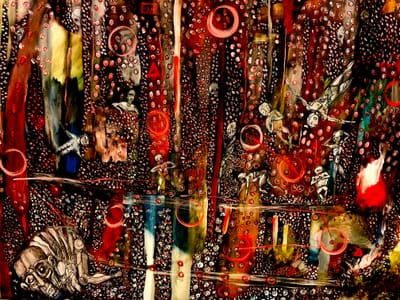Articles #metametaphysics
In metaphysics, there are various disputes that come down to a choice between rival theories. These rival theories have different ideologies that, presumably, are different with respect to how well they correspond to the world’s structure. So, we should base our choice at least in part on which theory we think is most likely to have the most accurate ideology. How do we determine which that is? I favor a virtue-driven methodology. Once a dispute reaches a mature state of stability -- in the sense that the main theoretical options are coherent, their consequences have been identified, and so on -- we can compare the rival theories with respect to various theoretical virtues, features of the theory that make it more likely to be correct. Continuing the End Times series, Richard Marshall interviews Peter Finocchiaro.
Read MoreThe notion of metaphysical emergence isn’t specifically tied to physics. To be sure, the notion of metaphysical emergence is initially inspired by attention to special science entities, which appear to cotemporally (i.e., synchronically but not necessarily instantaneously) depend on (typically massively complex) combinations of physical goings-on, but which also appear to be to some extent ontologically and causally autonomous—that is, to be distinct from, and distinctively efficacious as compared to, lower-level physical goings-on. But the general notion of metaphysical emergence as coupling dependence and autonomy—as between, e.g., mental states and brain (and ultimately fundamental physical) states—could in-principle apply to other purported dependence bases. Continuing the End Times series, Richard Marshall interviews Jessica Wilson
Read More
